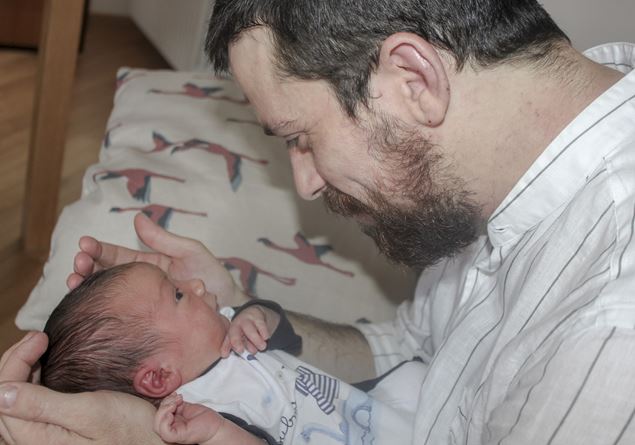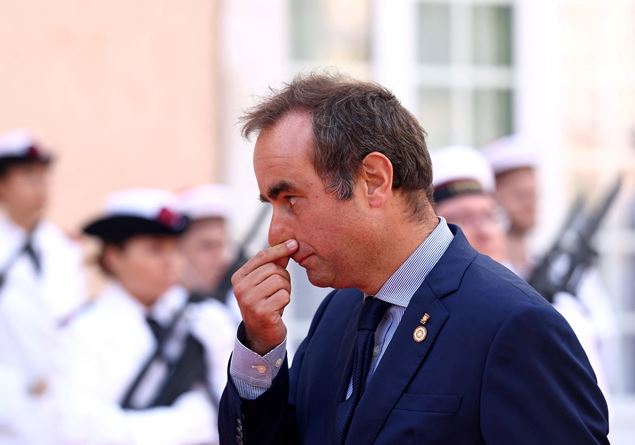Fathers present, active, involved. This is the photography that emerges from SOSEF report – State of Southern European Fatherspresented on June 18 at the national headquarters of the Order of Journalists in Rome. An investigation conducted by Equimundo in Italy, Spain and Portugalas part of the European project EMINC – ENGAGING MEN IN NUTURING CAREwith the international coordination of Issa and the Italian promotion of the Health Center of girls and boys (CSB Onlus).
The investigation – illustrated by Annina Lubbock And Barbara Vatta of the CSB – has involved over 1500 parents, half men and half women, with cohabiting children and largely under 40. In Italy they participated 509 people from all regions, offering a realistic and problematic cross -section of paternity in our country.
The most obvious data? There pushed to change existsbut proceeds slowly. If in Spain and Portugal there are more advanced support policies, Italy continues to drag Between Female occupation at 53%, among the shortest paternity leave in Europe (2 weeks against the 16 Spanish) e A culture of cure still contracted almost exclusively for mothers.
Still, the fathers are there. They want to be there. The research shows one greater co -responsibility male in domestic management and children’s care, but also highlights structural and regulatory barriers which hinder this evolution. It is not surprising that One in four parent He declares to live a condition of “Sandwich Cura”, or simultaneous assistance to elderly children and family members. In Italy the percentage rises: 31% among men, 37.5% among women.
It is not just a matter of will. The data clearly say it: Time is the first big obstacle. Rigid works, infinite times, widespread precariousness make it difficult even to imagine shared parenting. This is why you need a political turning point: Mandatory leave, longer and paid, work flexibility, cultural changes who redefine the concept of masculinity.
However, awareness grows. 66% of Italian mothers It would vote for a party that supported a fair and paid parental leave. AND The vast majority of the fathers It recognizes the benefits of a careful presence from the first thousand days: for themselves, for children, for partners.
At stake there is not only the family balance, but social health of the whole country. Numerous studies show that the presence of fathers involved reduces violent behavior in teenagers, favors the prevention of domestic violence, promotes a culture of shared cure. But without adequate policies, without concrete support from educational and health services, This change remains unfinished.
We need a systemic transformation. Serve A work reformof public narrative on parenting, and the creation of Networks of FathersOf peer groupsof community capable of supporting this new paternity. Because, as the report recalls, politics and culture count. And today more than ever, they are called to do their part.










